Eternals Director Chloe Zhao Provides Details On The “Bleak” Ending She Initially Planned, Touts Film As Celebration Of Feminine Strength
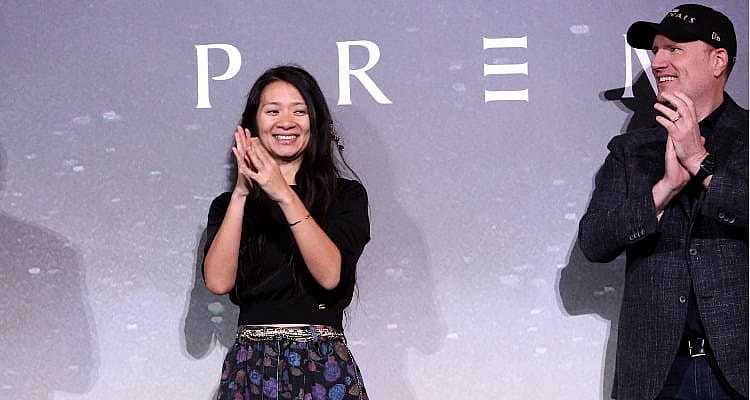
Eternals director Chloe Zhao recently detailed that her original ending for the Marvel Cinematic Universe film had a “bleak” ending that she compares to The Twilight Zone.
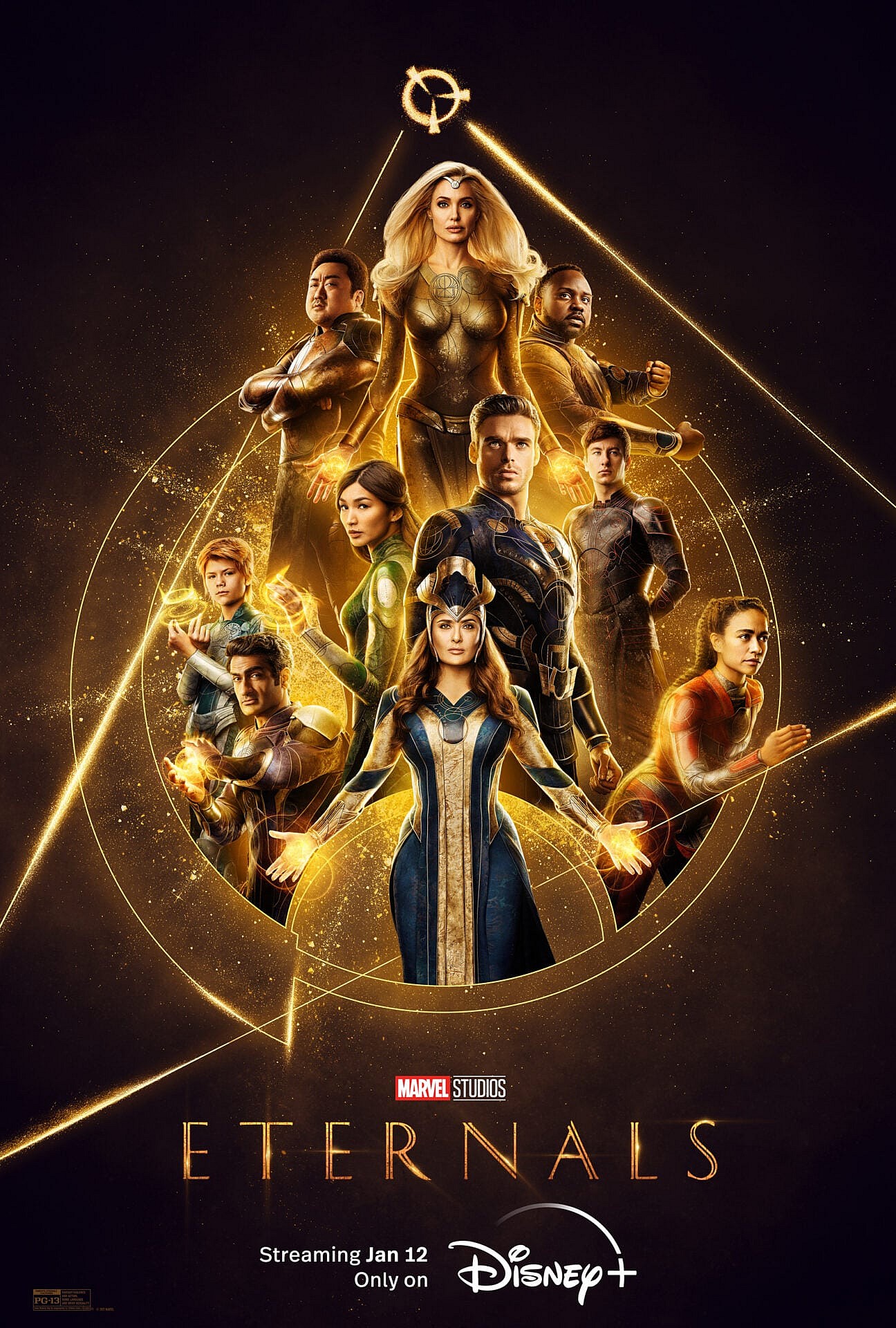
Zhao spoke about the film with Empire, where she was asked by Chris Hewitt, “You end the film with several of our heroes being whisked away to God knows where, to face God knows what, and the final shot is of Dane Whitman [Harrington] looking a little bit bereft, but also determined to do something about it. Was that always how the film ended for you?”
Zhao answered, “No. I have never made a film where the ending is what I wrote! You find it in the edit.”
“Editing is a third of the filmmaking process, and when you show it to people, that’s when you find the ending. I don’t think I’ve made a single film where the opening and ending stay the same as the script, just because the scenes are fluid as we shoot,” she elaborated.

Zhao then revealed what she had planned in her initial ending for the film saying, “And we actually had another ending that is really bleak. Bleak.”
“I didn’t hate it, because I’m used to films that are more melancholy. But I don’t think it went down well with audiences,” she added.
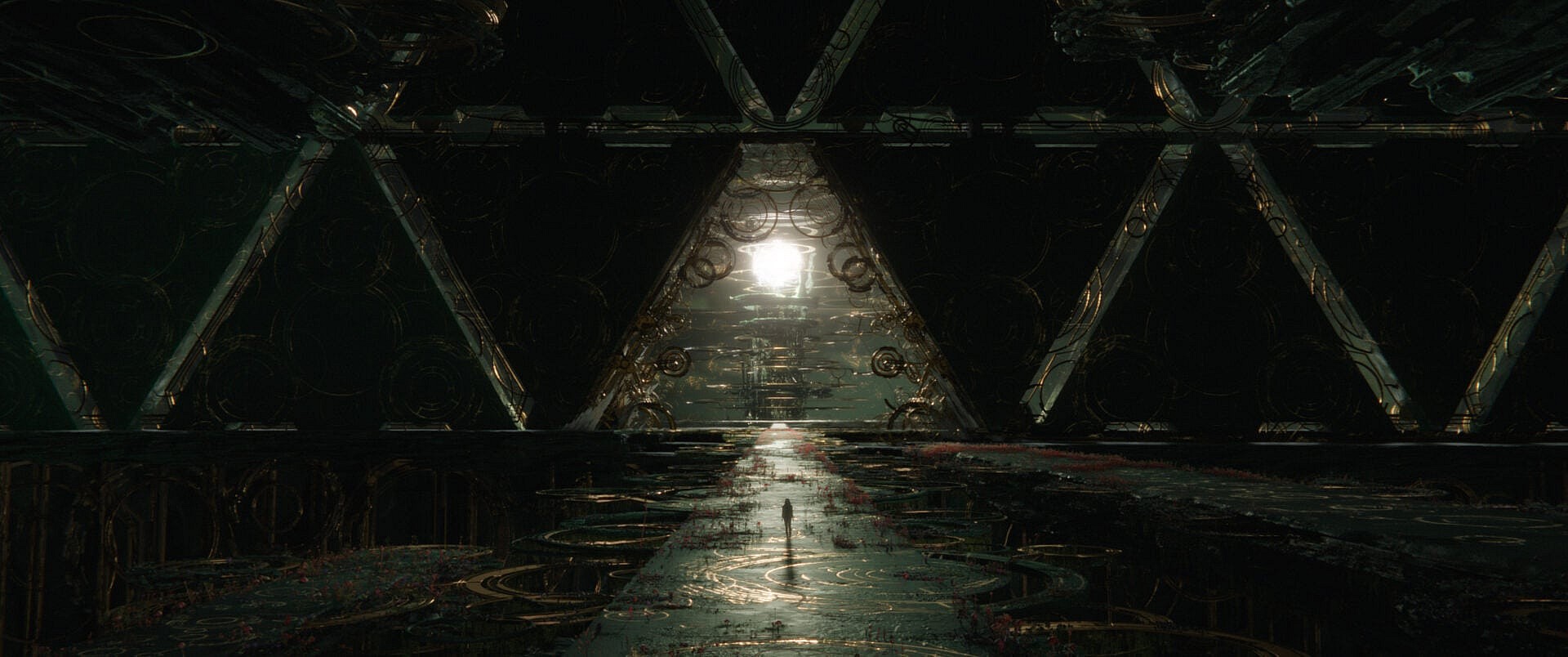
When pressed for details on this bleak ending, Zhao responded, “It used to end with everybody back on the ship, minds erased and just going on to another planet, like The Twilight Zone.”
“I remember when it goes to black, everyone was like, “I don’t know what to do.” And also, it’s the MCU, and you want to be excited for what’s next,” she said.

Along with providing details on this bleak ending, Zhao claims the film is a celebration of feminine strength in both men and women.
While discussing Kingo’s decision to not engage in the film’s final confrontation, Zhao states, “We talked a lot about – what does it mean to be heroic? I feel we’re entering a revisionist period for this genre. I feel the desire from the studios and from the audience.”
“There’s something about celebrating feminine strength, both in men and women in this film, that was very important for us,” she asserted.
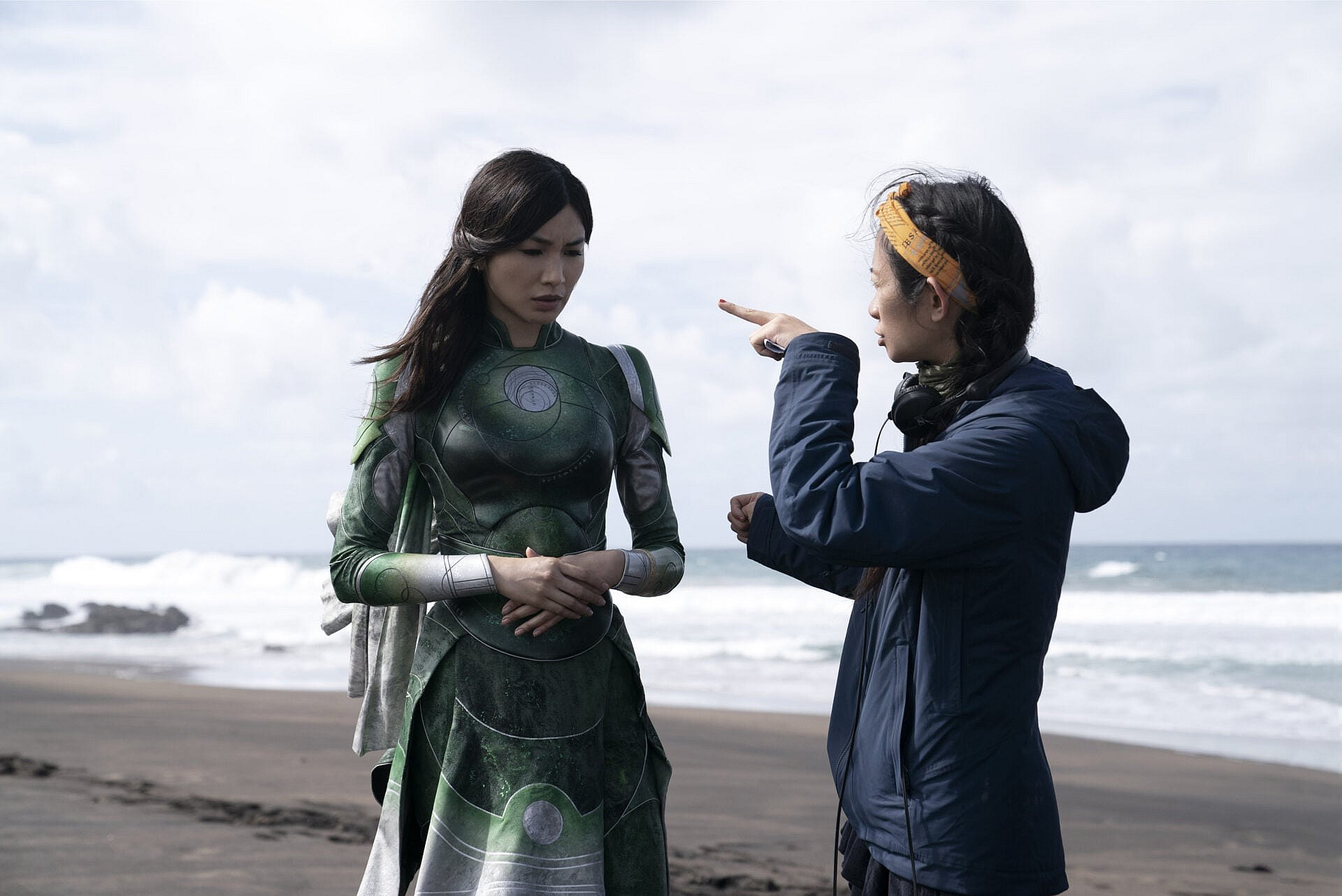
Providing an example, she elaborated, “I think Sersi is the bravest of all, because no matter how much someone wronged her, she’s able to forgive them, to show them love instead of punch them in the face.”
“She stays open and vulnerable, and that actually brought down the strongest, most powerful being,” Zhao remarked.
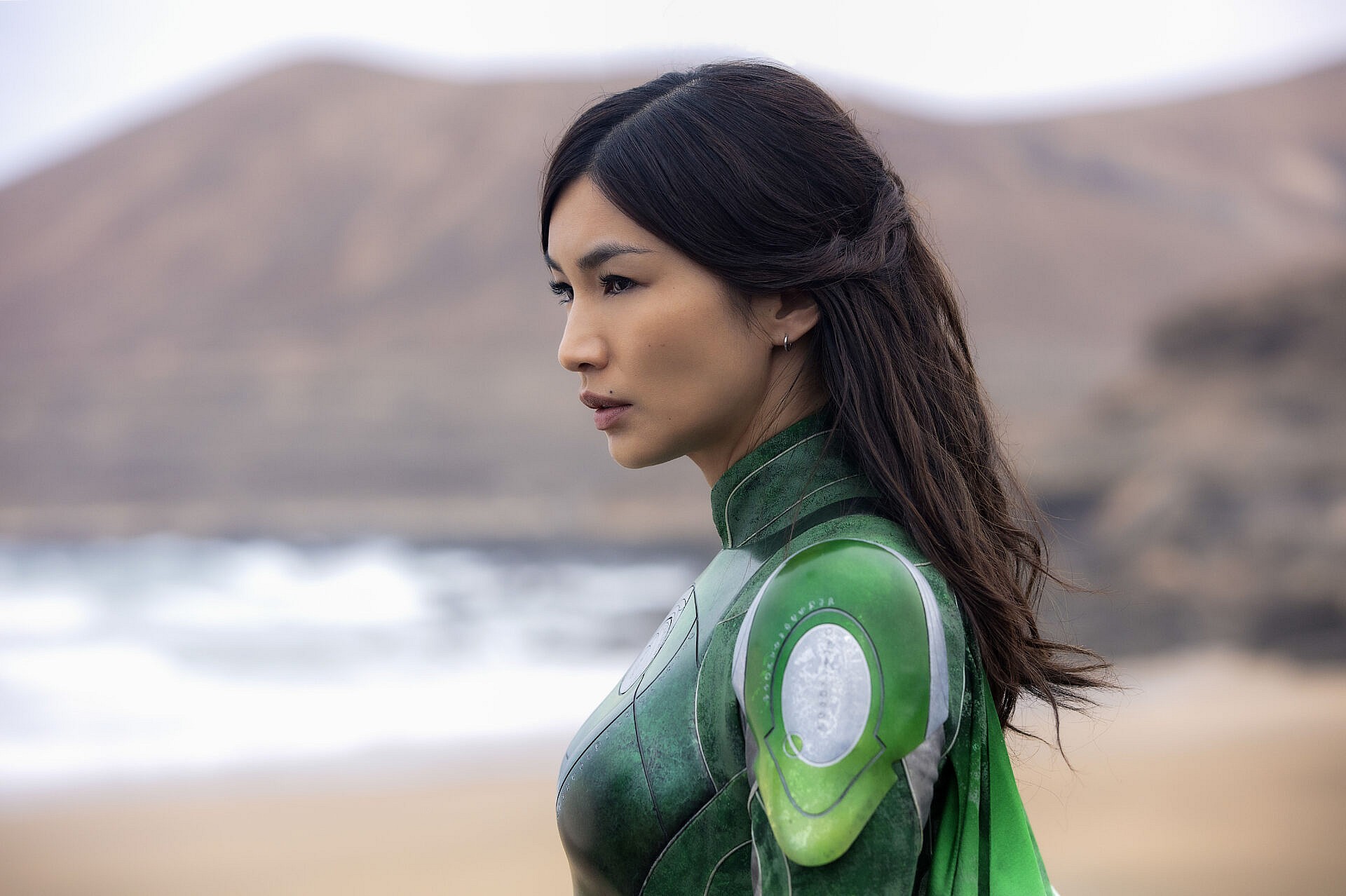
It’s very odd for Zhao to assert the virtue of forgiveness as a feminine strength. I’m pretty sure that the virtue is a human strength no matter what gender you are. In fact, the greatest example of forgiveness in human history comes from a man, Jesus Christ, who died on the cross on Calvary for the forgiveness of all Men’s sins.
St. Paul’s letter to the Romans states, “For Christ, while we were still helpless, yet died at the appointed time for the ungodly. Indeed, only with difficulty does one die for a just person, though perhaps for a good person one might even find courage to die.
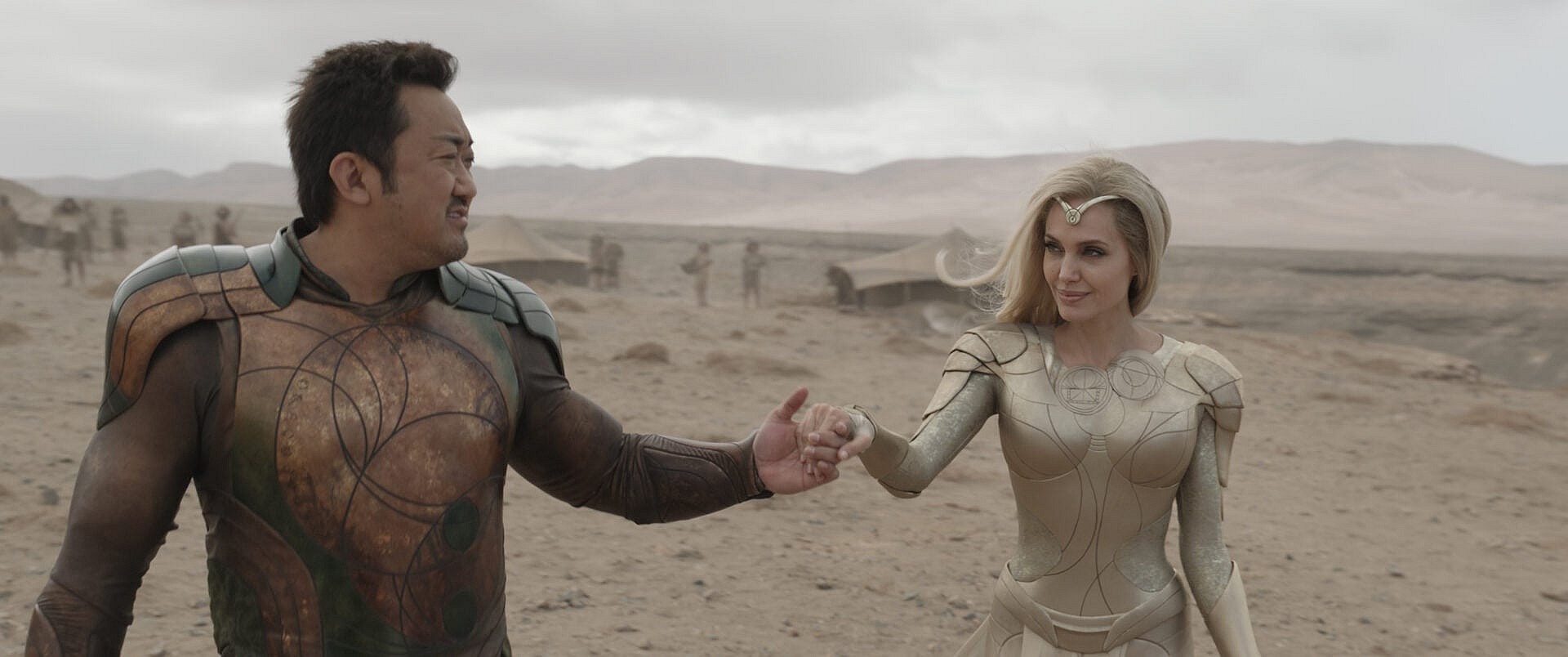
He continues, “But God proves his love for us in that while we were still sinners Christ died for us. How much more then, since we are now justified by his blood, will we be saved through him from the wrath.
“Indeed, if, while we were enemies, we were reconciled to God through the death of his Son, how much more, once reconciled, will we be saved by his life. Not only that, but we also boast of God through our Lord Jesus Christ, through whom we have now received reconciliation,” St. Paul writes.
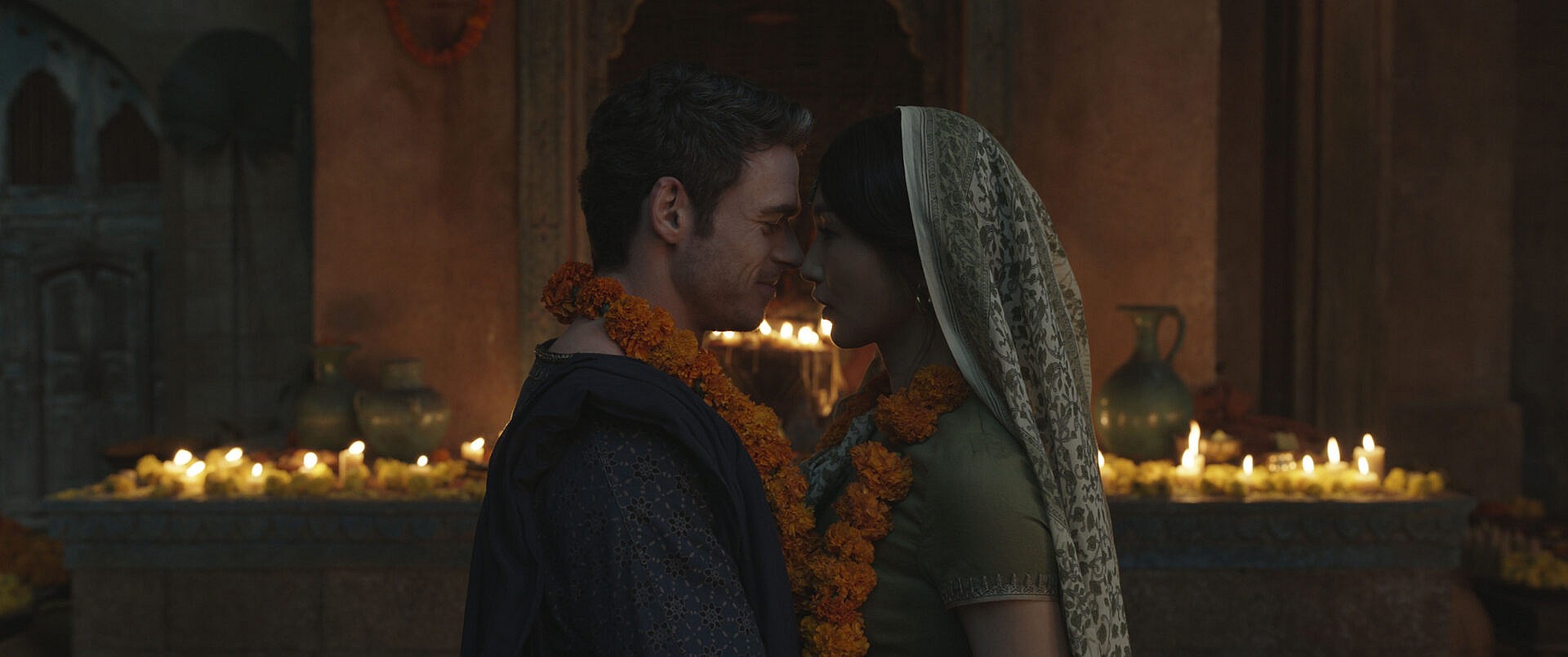
He further adds, “For if, by the transgression of one person, death came to reign through that one, how much more will those who receive the abundance of grace and of the gift of justification come to reign in life through the one person Jesus Christ. In conclusion, just as through one transgression condemnation came upon all, so through one righteous act acquittal and life came to all.
St Paul continues, “For just as through the disobedience of one person the many were made sinners, so through the obedience of one the many will be made righteous.”
“The law entered in so that transgression might increase but, where sin increased, grace overflowed all the more, so that, as sin reigned in death, grace also might reign through justification for eternal life through Jesus Christ our Lord,” he concludes Romans Chapter 5.
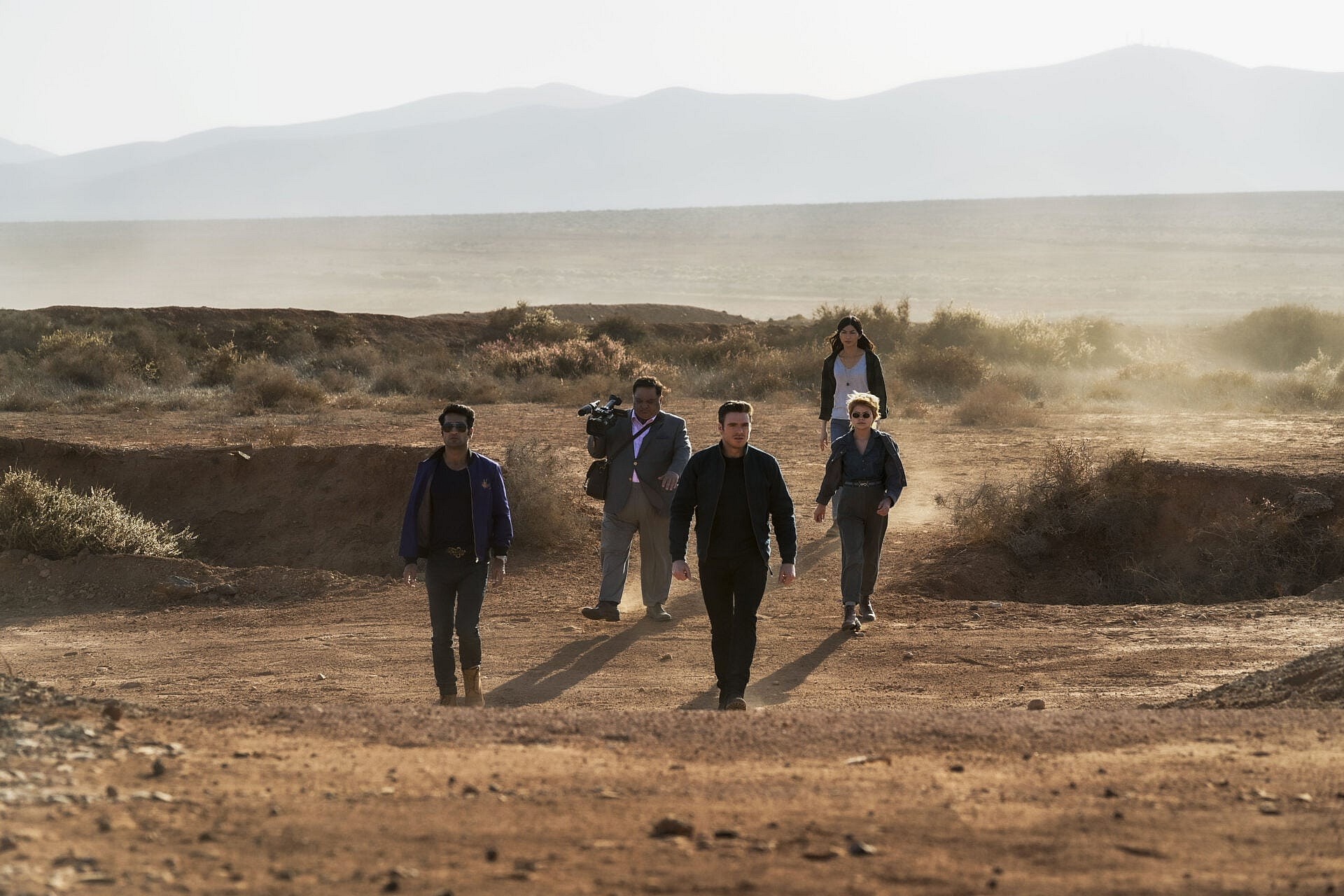
RELATED: Eternals Review: Bland, Bloated, and Overbearing
In another portion of the interview, Zhao discusses the film’s themes of faith, belief, and dogma when Hewitt asks, “Perhaps the biggest theme of the movie is about faith and belief and dogma, and how doggedly people will cling to that. Can you talk about approaching that theme and filtering it through those characters in that way?”
She answers, “I appreciate you picking up on that, because this is one of the main reasons that drew me to this story when I first read the treatment. I think of the moment when human civilization has shifted from deism to humanism, when many of us were starting to question the existence of Gods.”
Zhao continues, “We started to ask ourselves, ‘Are we responsible to give meaning to the cosmos now? It’s a lot of responsibility.’ In modern society, there’s a lot of anxiety. And for better or for worse, we’re asking this question, ‘Is there a bigger plan out there? Is there a higher power? Are we part of this grand design? And if so, do we have the right to break out of it?'”
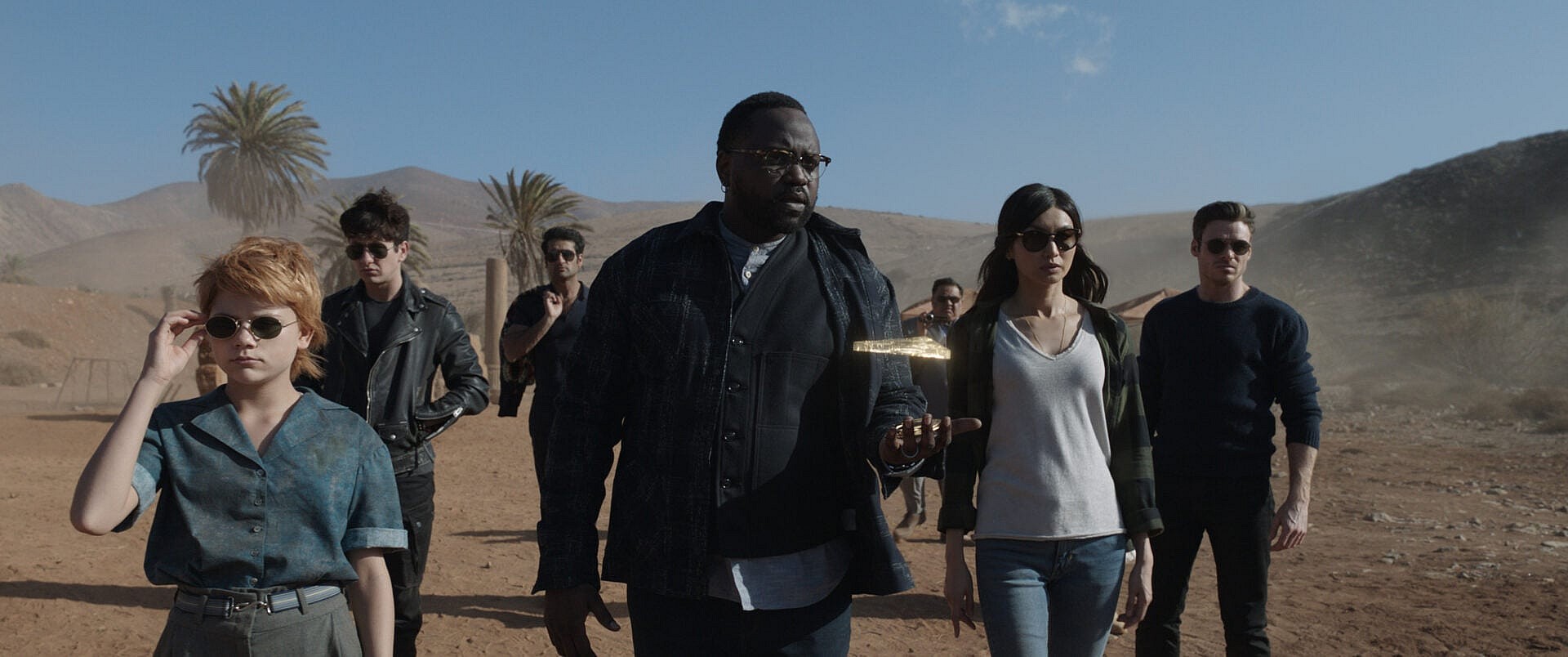
“This is a question that I asked myself a lot,” Zhao states. “To be able to explore these themes in a genre that kind of was born out of that…I think we’ve asked this question since the dawn of time.”
The Eternals director then specifically addressed the characters and how they explore these questions, “Each character represents some population in terms of how they view their relationship with God, or this grand design and, and how they might evolve and change. Ajak [Hayek], Kingo [Nanjiani] and Ikaris; those three have faith in our film. They do believe that human beings have no right to break out of the natural order, because so many more are going to be created.”
“Ajak made a mistake; she had to believe the people on this planet are her children. And she decided to choose love. Ikaris held on to his beliefs and killed her. And Kingo has confirmed the beliefs, but he refused to hurt people for it. That’s a very difficult thing for a superhero to do in Act Three of a superhero film – to step back and not fight and not hurt anybody,” she concluded.
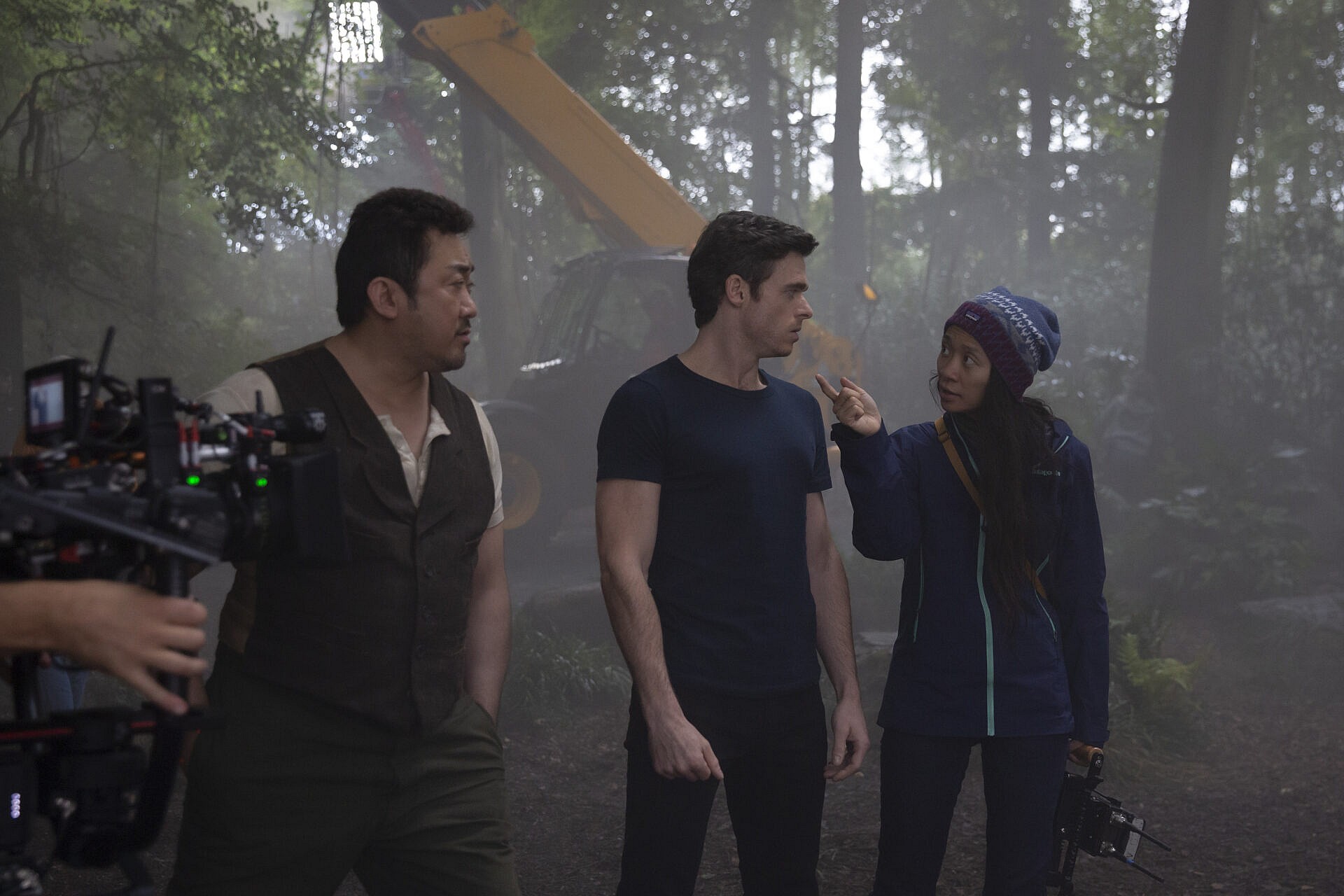
What do you make of Zhao’s idea for an original ending? What about her assertion that forgiveness is somehow a feminine strength?
NEXT: Marvel Producer Nate Moore Attempts To Explain Abysmal Rotten Tomatoes Score For Eternals
